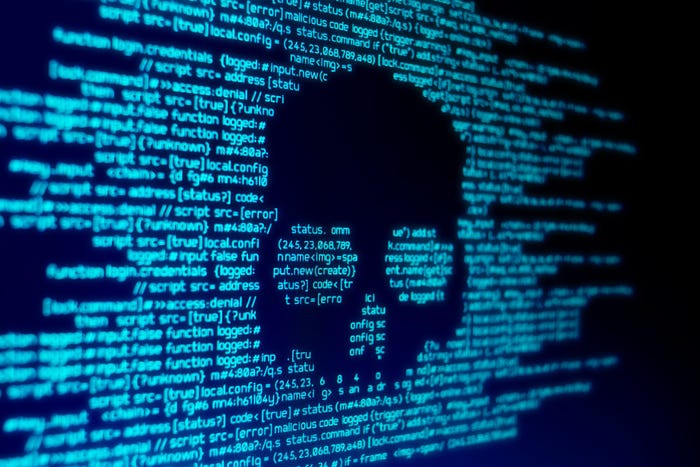Building on our MSPs’ ongoing cybersecurity flags, we checked back in to get a deeper sense of their concerns.
April 7, 2021

We recently asked partners to give us their take on the current hottest happenings in the industry, and man – oh man – did cybersecurity and the threat landscape make the top of the list. Shocker.
Cybersecurity continues to be top of mind for MSPs. It used to be that supplying your security stack of products and best practices was good enough to keep customers safe. These are items like firewalls, antivirus, domain name service (DNS) gateways, spam filtering, security awareness training, multifactor authentication (MFA), etc. But now, above and beyond the product stack, you need eyes watching your environments.
That’s just one aspect of it. We wanted to know what the ongoing challenges are regarding security and the threat landscape, plus where folks think things are headed — and should head.
The answers we received were varied, even heated at times, but one theme was clear: The “set it and forget it” mindset is not cutting it anymore. It hasn’t for awhile.
Click through the slideshow above to see what our partners had to say about one of the hottest button issues in the industry right now.
Read more about:
MSPsAbout the Author(s)
You May Also Like


